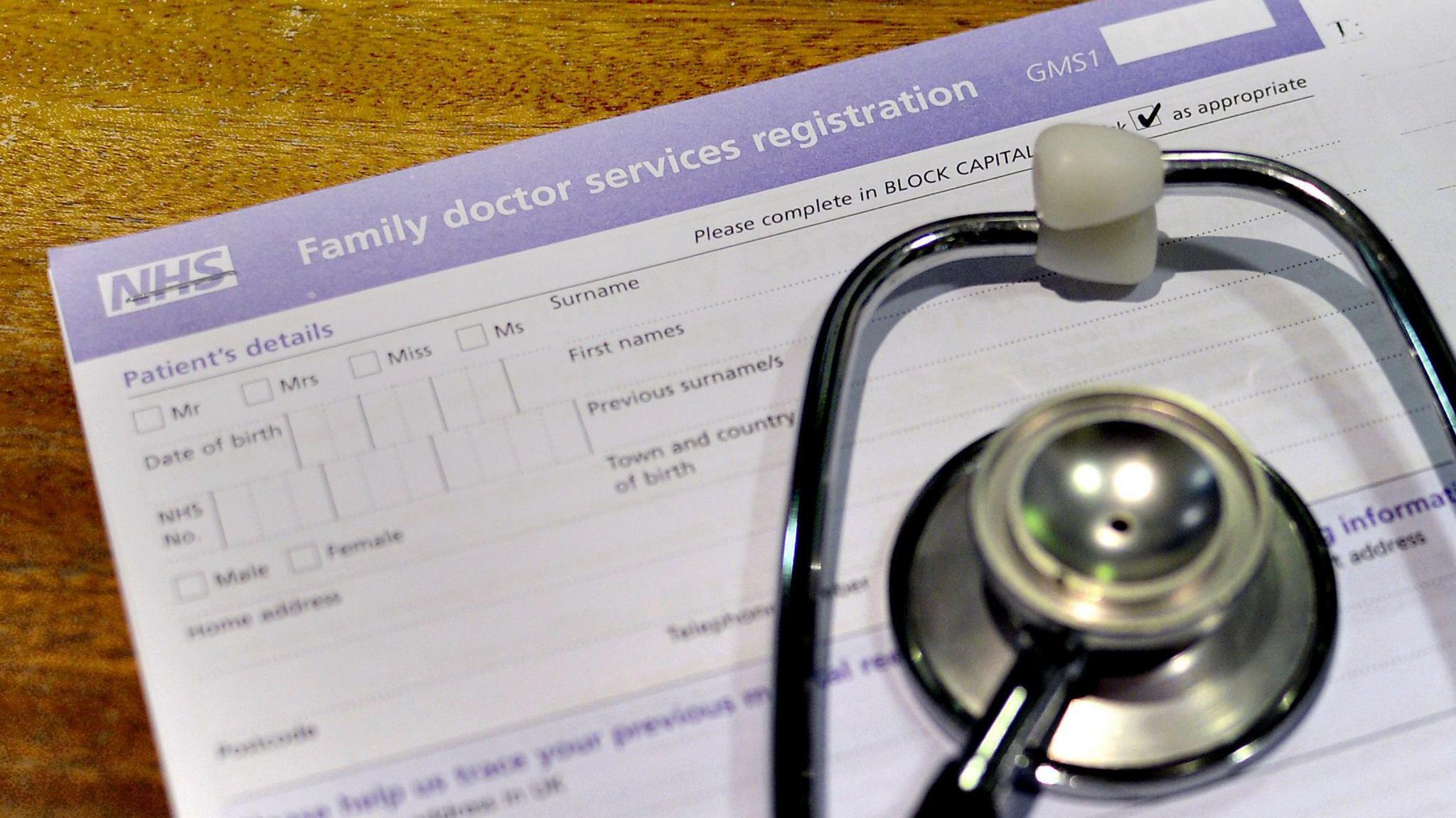NHS chief warns of job cuts as staffing is halved

South Yorkshire's Integrated Care Board needs to halve its staffing
- Published
A South Yorkshire health board has warned of redundancies as it plans to cut its workforce by half.
South Yorkshire's Integrated Care Board (ICB) has to slash its running costs by more than half before the end of the year, according to a report by its chief executive.
It could not yet confirm how many people would be made redundant or redeployed and a consultation will begin in autumn. Regular staff briefings were taking place, the report said.
ICB chief Gavin Boyle said: "This is a major change for our people. The workforce will reduce from 800 whole-time equivalent staff to 425. We are supporting colleagues through this change which will require redundancies."
The organisation, which is responsible for planning and buying NHS services across Barnsley, Doncaster, Rotherham and Sheffield, must cut annual operating costs from £61.7m to £30.2m by December.
Mr Boyle said in the report: "We recognise that spending on health has increased above that of other governmental departments.
"However, we still anticipate a challenging financial environment given increased demand, advancing technology and NHS pay settlements."
According to the Local Democracy Reporting Service, the changes come after the government ordered NHS England and the Department of Health and Social Care to deliver £9bn in efficiency savings by the end of the current parliament.
Under national reforms, ICBs will shift their focus to planning and overseeing NHS services, and move away from directly providing some patient services.
Arranging ongoing care for people with serious health needs, protecting vulnerable patients and supporting GPs are expected to be passed to other organisations in the future.
While other parts of England are merging their ICBs to save money, South Yorkshire will remain a "standalone" board, one of just 12 in the country, though it will explore sharing some functions with neighbouring areas.
The financial squeeze comes despite an average 3% real-terms increase to the NHS England budget over the next three years.
The government said extra cash would go towards technology upgrades, expanding GP training, more urgent dentist appointments, and growing mental health support in schools.
The ICB said it remained committed to improving health outcomes, tackling inequalities and delivering value for money, but admitted the new approach would rely heavily on commissioning services rather than providing them directly.
Get in touch
Tell us which stories we should cover in Yorkshire
Listen to highlights from South Yorkshire on BBC Sounds, catch up with the latest episode of Look North